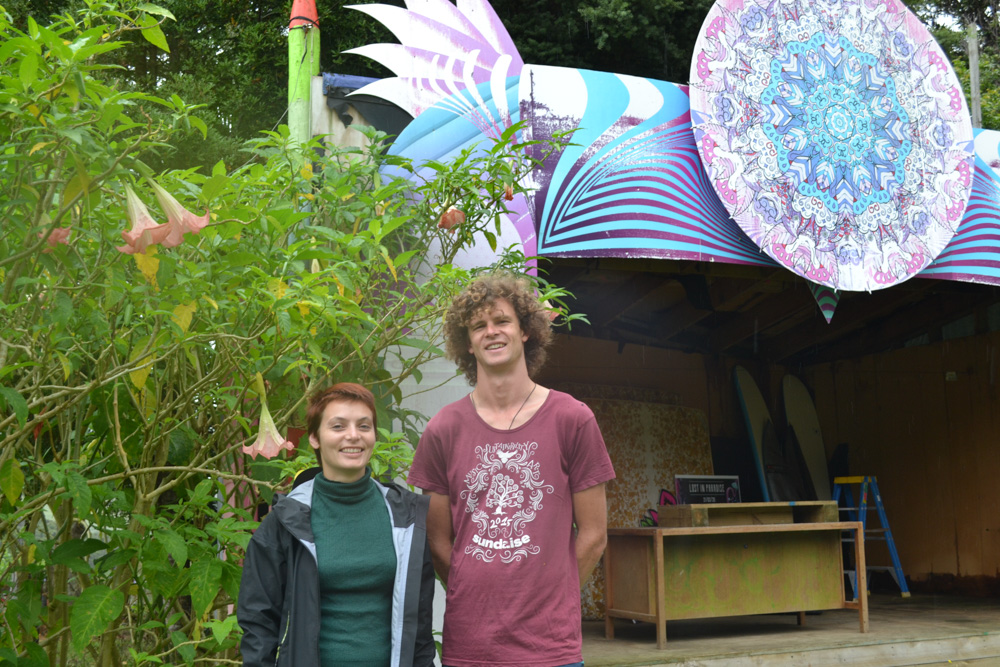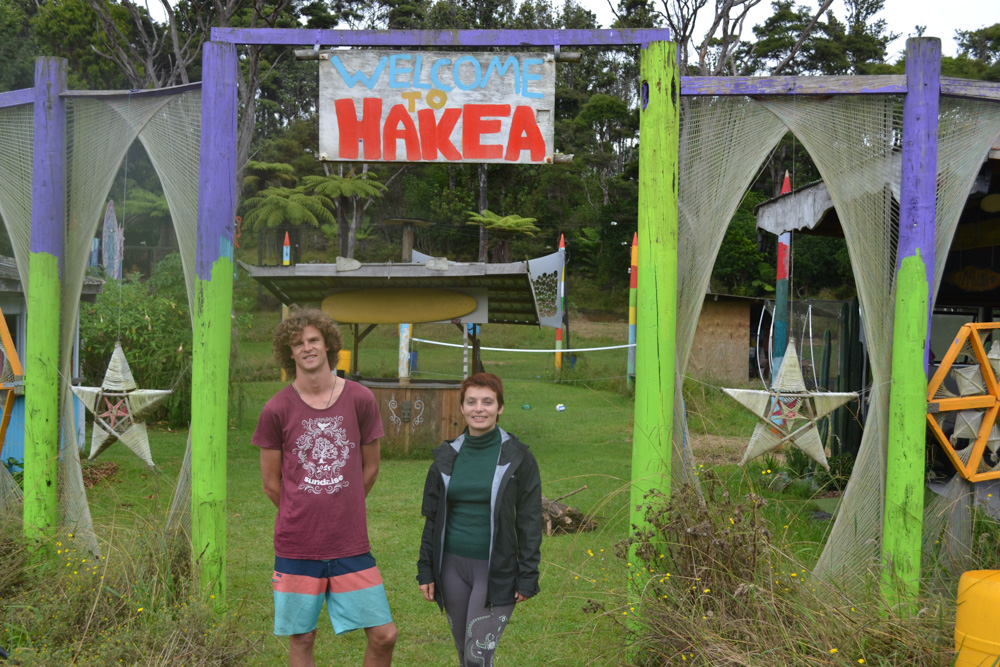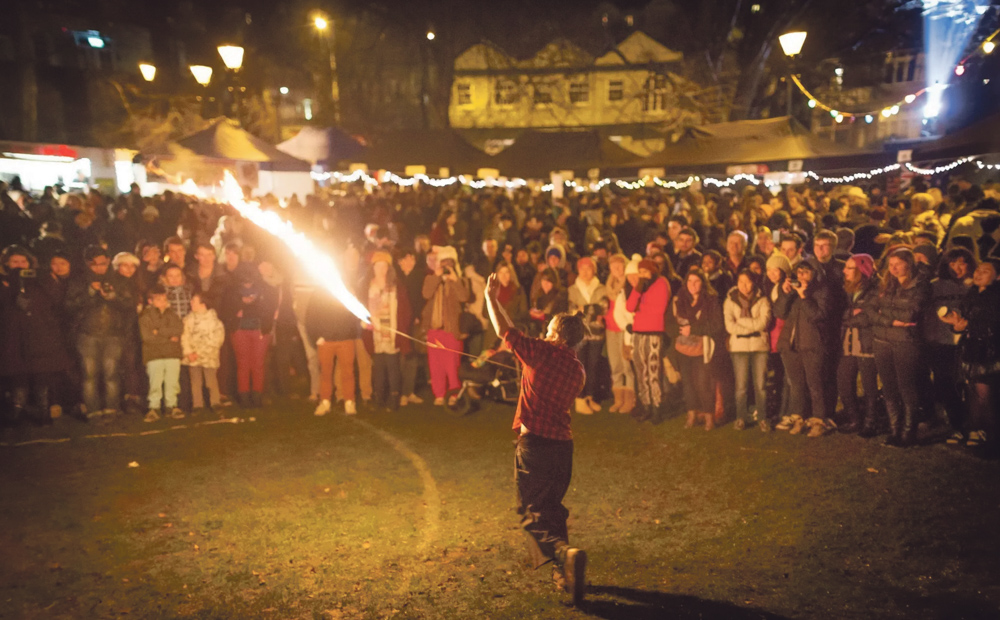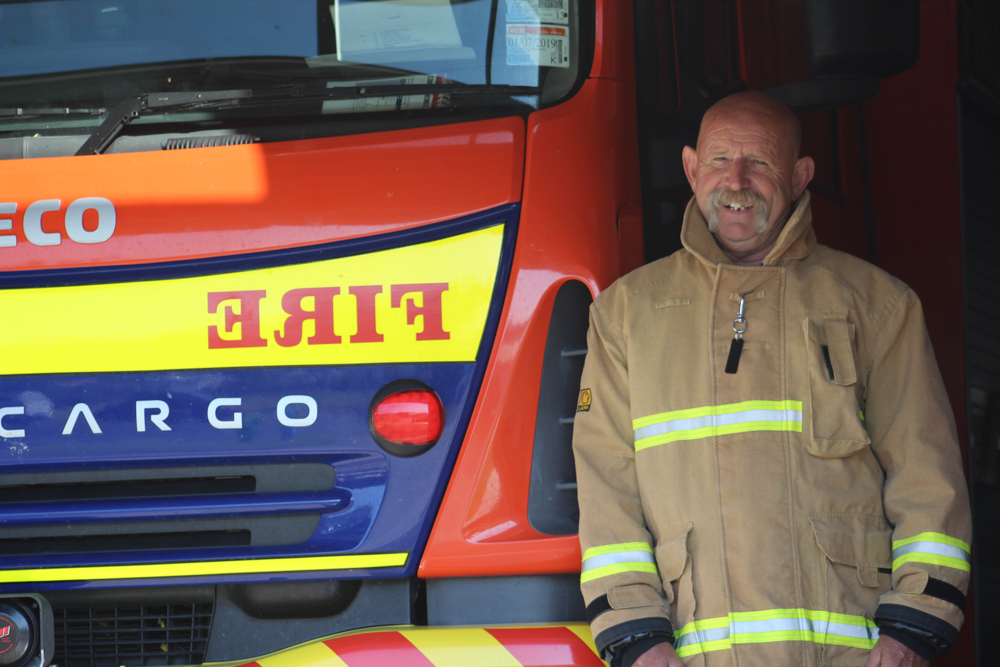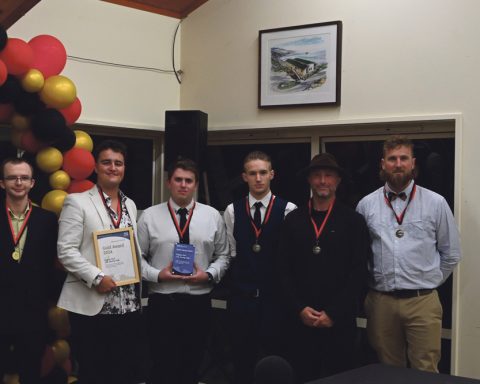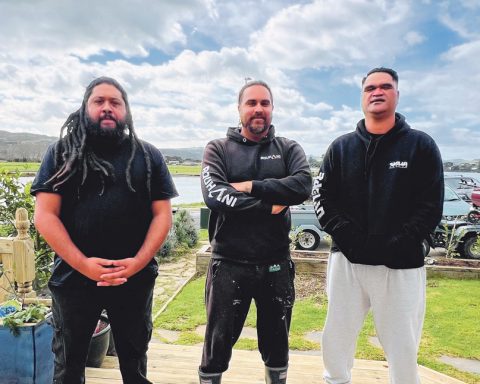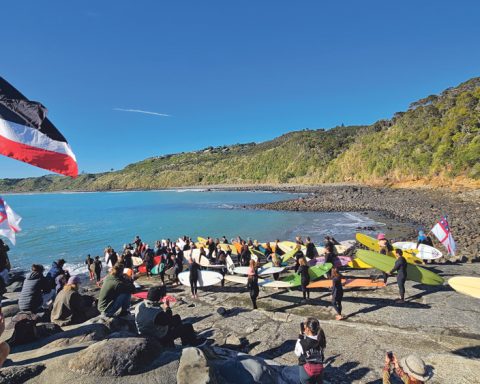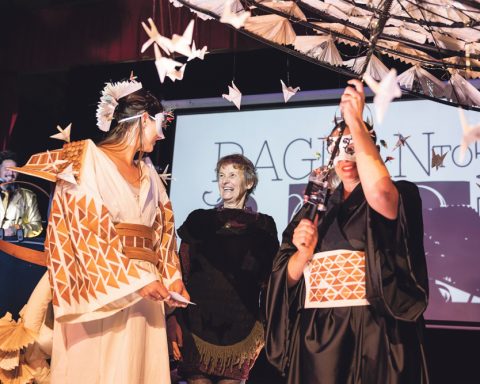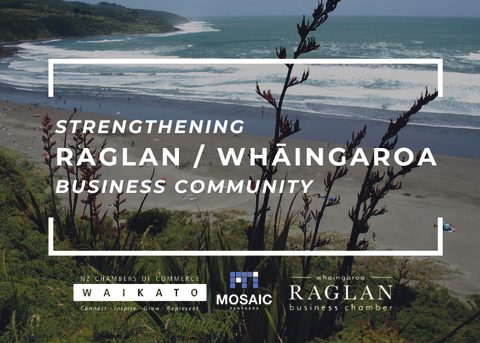Stumble upon Hakea, an off-grid bush retreat cum permaculture farm out in the wops somewhere beyond Te Mata, and you could be excused for thinking you’ve time warped back to a little slice of hippiedom out of the seventies.
A scattering of dwellings, large vegetable gardens, a shelter for several white goats and an outdoor stage for concerts – along with a colourful, handwritten ‘Welcome to Paradise’ sign – greet visitors to this rural Raglan idyll.
Three similarly coloured handwritten signs – ‘One vibe’, ‘One tribe’ and ‘Hakea’ – line the long gravel accessway in from Phillips Rd as if to alert any unsuspecting visitors they’re about to come across something quite out of the ordinary.
“This driveway is the only thing that connects us to the outside world,” observes Hakea co-creator Dan Whittington, and he’s right. Flanked in part by an upper reach of Aotea Harbour, and intermingled with an overgrown-looking scenic reserve, Hakea truly does feel a world apart.
Not so for Dan, though. The now 30 year old has known this little pocket of “paradise” all his life, only mostly in a different form: his father farmed the 40-acre property up until he himself acquired it more than seven years ago.
Now, says Dan, it’s a whole new ballgame.
While there are no sheep now some cattle remain, but much of the land is given over these days to trees, bees and lots more – from goats which get milked to free-range chickens and storybook bunnies hopping about.
As well as the bee-yard there’s a worm farm, and as well as the veggie gardens there’s a
thriving fenced-off food forest to complement the Pakoka scenic reserve’s native trees.
Everything from figs, peaches and passionfruit to grapes, olives and berries have been planted by Hakea co-creator Merve Yesilkr with help from others in the community.
Merve (pronounced Mar-veh) grew up in a sustainable village in her native Turkey and is also a former scientist.
Developing Hakea as an off-grid bush retreat and permaculture farm has become a joint venture, say the two. “We are co-creators.”
Along with things she learnt from the likes of Raglan Crop Swap and Timebank groups during her five years of living on the land at Hakea, Merve has also undertaken a
permaculture design course in Takaka – at the top of the South Island – and is now applying everything she knows to designing the property to work with nature in a harmonious way.
That includes not only planting the food forest but developing composting toilets, setting up a water ram system, and creating invisible structures to run the retreat efficiently.
Dan – formerly an industrial electrician, then engineer – has in turn put his mind to innovations which include building communal facilities on site from recycled materials, upgrading a spring on the property to make use of runoff, and introducing solar power to their off-grid lifestyle.
The pair is particularly proud of the banana circle system they’ve devised. It catches all
kitchen and shower grey water in large pits surrounded by young nutrient-demanding
banana plants, which are now rewarding them with lots of edible ‘Lady Fingers’.
This is part of the closed loop or recycling system they strive for, based on the principles of
permaculture design. “There is no waste,” Dan points out, adding that’s the way things work in nature.
Both Dan and Merve – who met in Scotland when he was couch surfing and she was on a
science internship – believe Hakea is evolving exactly the way it should.
Dan says it was while travelling overseas that he felt a strong pull to return to his childhood haunt and create a sustainable way of life.
Merve believes in the importance of connecting back to the land and playing a positive role in the ecosystem we are part of.
Being at Hakea was “meant to be,” the 29 year old says simply.
Together the pair has worked towards a shared vision creating this small, self-sufficient community in which to nourish mind, body and soul.
While both had fulltime jobs in Hamilton and beyond – commuting from Hakea – the onset of Covid put paid to that. Dan chose not to continue with vaccination because of “scary” side- effects, and also discouraged Merve from getting vaccinated.
Instead they invested more time and energy into creating their paradise.
“Now everything we do has a positive effect on nature,” Dan points out proudly.
While his family never lived wholly on the property – and there were neither fences nor
satisfactory access in the early days – Hakea was always a big part of Dan’s life. “We were there every second day of the week and during weekends, working the land and building to make it (the property) liveable.”
His father Dave who continues to live in Raglan has since gifted the land to his son.
Besides Merve and Dan there are now two families and one intern living on site. Through an online platform, ‘Workaway’, the pair also host overseas volunteers keen to experience and
contribute to off-grid living based on the principles of permaculture.
In this vein the venture has become a collective project; a place for alternative thinking as well as conscious celebrations, they say.
In fact there’s to be a three-day “gathering” or celebration at Hakea – so named because of an unusual pink-flowering tree on the property – the first weekend in March, timed to coincide with the full moon. It’s for like-minded souls wanting to experience an alternative way of living through workshops, art and music.
And while it may not be for everyone, Hakea is definitely Dan’s place on Earth. ”I think I want to die here,” he mulls.
